If you love American history, you may find a particular joy in collecting rare books related to the nation’s presidents. For many, the presidency holds an exceptional fascination as a glimpse into American history through the lens of leadership.
Here is a short road map for your collecting journey.
The Founding Fathers who became presidents
No discussion of the American presidency would be complete without George Washington. While he did not write as prolifically as his peers, there are a number of works that tend to excite collectors. Of works he composed, Washington’s historic Farewell Address warning against political parties is highly sought.
But there are other major figures who called upon their highest talents to write about the first president. John Marshall, one of the most important Chief Justices of the Supreme Court who largely established the practice of judicial review, wrote an eloquent biography of his friend, including an atlas volume of Washington’s Revolutionary War battles. In addition, we have Henry Lee to thank for the unforgettable eulogy of the Father of His Country, which includes the immortal lines, “first in war, first in peace, and first in the minds of his countrymen.”
Works by John Adams and James Madison are especially rewarding to collect if you are interested in the nuts and bolts of America’s Constitution, its Bill of Rights, and the feat many doubted was possible: how to create a functioning democracy underpinned by philosophical ideals. The Massachusetts Constitution of 1780, composed largely by Adams, is an important forerunner to the federal constitution. His 1787 Defence of the Constitutions is a remarkable document arguing for principles now considered foundational to the American political system, such as checks and balances.
Madison, of course, is the Father of the Constitution and the Father of the Bill of Rights. During the ratification debate, Madison teamed up with his later political rival Alexander Hamilton to write the essays known collectively as The Federalist Papers. Although written with the goal of ratification in mind, the Federalist has since become one of the most important contributions to American political science and is still used today to help us interpret the Constitution.
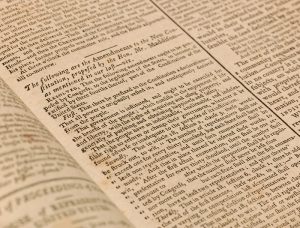
Thomas Jefferson is best known for composing the Declaration of Independence, for which there are a number of magnificent early 19th century facsimiles to wow lovers of history. (My personal favorite is the Force Declaration.) But Jefferson also contributed to major writings of the Continental Congress before the world-changing Declaration of Independence, most notably a year previously in the Declaration on: Taking up Arms, justifying the actions of early revolutionary militia at places such as Lexington and Concord. Jefferson’s peacetime writings are also of significant interest, such as his Notes on the State of Virginia, which was the model for Meriwether Lewis’ own journal during the transcontinental journey with William Clark.
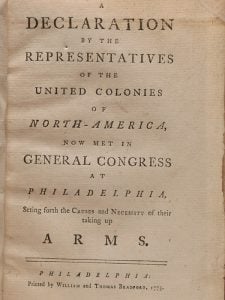
Beyond printed matter, autograph material is always ready to surprise and delight. As of this writing we have a lengthy autograph letter by Thomas Jefferson concerning the death of his close childhood friend and personal slave, Jupiter. There are only three other known letters on the subject, which are housed at the Library of Congress, the University of Virginia, and the Morgan Library. Letters allow us a private glimpse into the everyday lives of these illustrious men, and as such they are endlessly fascinating.
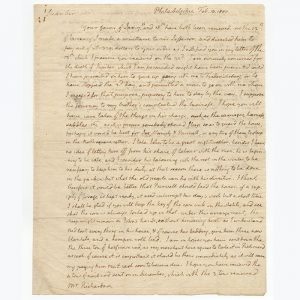
The Civil War
After the first generation, the American presidency began its long and horrific road through Civil War. Presidents jumped into the fray early on, notably John Quincy Adams speaking with rarely matched eloquence against slavery and Andrew Jackson‘s actions during the Nullification Crisis sparked in South Carolina. Abraham Lincoln‘s election, finally pushing South Carolina into secession, meant an end to the decades of appeasement, d’tentes, and peaceful negotiation. The famous Lincoln-Douglas debates naturally touch on slavery and demonstrate Lincoln’s early genius, but any document signed by Lincoln during the war is also highly desired.
General Ulysses Grant accepted Robert E. Lee’s surrender and soon followed the path of other military darlings into the presidency. Unfortunately, his terms as president were wracked with corruption and scandal. But before his death by throat cancer, Grant was able with the help of Mark Twain to publish his Memoirs, now considered one of the best military autobiographies ever produced.
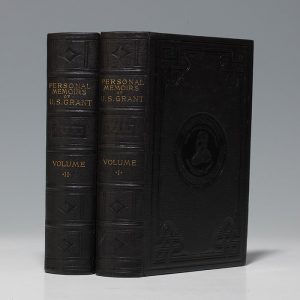
Signed, Owned, Presented, Inscribed
One can be stymied by the goal of collecting each president when it comes to the statesmen who were less prolific. What does one do about a president whose legacy does not include many published writings, such as James K. Polk or Warren G. Harding? In fact, this problem doesn’t tend to bother collectors one bit: a book signed, owned, presented or inscribed by a president carries special significance beyond authorship of the work. Many collectors prefer this route because it grants them a more direct connection with the person. Our latest catalogue contains an entire section dedicated to this idea alone, so take a look there for a taste.
A few unexpected rarities
We expect a book owned by Thomas Jefferson to be rare. But William Henry Harrison? While his signature alone isn’t particularly rare, it’s a collector’s challenge to find a book signed by him. Historians surmise we have his widow Anna Harrison to blame for this: she had the habit of cutting her husband’s signature out of his books to grant to autograph keepers. Any volume signed by Harrison is sought after with excitement. Similarly, James Garfield‘s term as president was one of the shortest in history because he was shot only a few months after his inauguration. While his signature is not terribly rare, anything signed while president is especially unusual and desirable, such as this presidential autograph album.
The Roosevelts
While Theodore and Franklin D. Roosevelt may have diverged in many of their political ideas, one word for both of them is this: bold. Theodore made his name as a writer completely separate from his political aspirations, although both drew on his image as the quintessential American man. Collectors love his colorful works such as African Game Trails and Winning of the West.
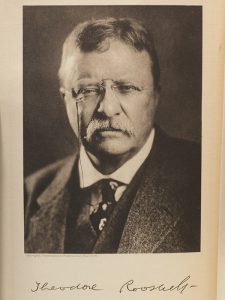
One book that often draws the eye of collectors is the 1936 Democratic Book sold to Democratic parties donors and signed by FDR. But Eleanor was the more prolific writer, going on to produce a number of impressive memoirs about her life before, during and after her marriage to Franklin.
The Beginning of the Cold War
Harry Truman‘s decision to drop the atomic bomb changed the world, and he knew it. Dwight D. Eisenhower, the Supreme Commander of the Allied Forces in World War II, produced memoirs not only about his Crusade in Europe but also about his time in the White House.
And we cannot forget John F. Kennedy: while a U.S. Senator he published the Pulitzer-prize winning Profiles in Courage, about men who showed “political courage in the face of constituent pressures.” Books signed or written by Jackie O. and other first ladies are naturally a rewarding path to explore as well.
The Modern Presidents
For collecting purposes JFK marks a turning point into the modern presidency. Following the footsteps of Eisenhower’s bestsellers, Lyndon Johnson produced his White House memoir, Vantage Point. But the real change came with Richard Nixon. After his resignation, one of the most hated men in America sold his Memoirs for a reported $2.5 million. He went on to write a variety of intelligent best-selling works, including Real Peace and Leaders. memoir. In the late 20th century we began to expect books by our leading statesmen and stateswomen. A few samples are below, but for more take a look at our introductory post on collecting books by 20th century leaders.
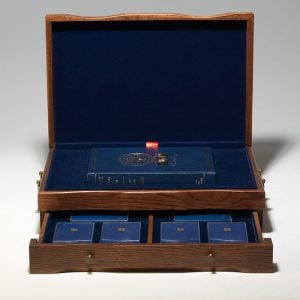
In this brief journey I’ve tried to point out some particularly fascinating landmarks along the way, but there is far more to explore.
Or visit one of our galleries; through February both our New York and Las Vegas locations will display specially prepared showcases of presidential material.
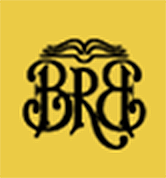
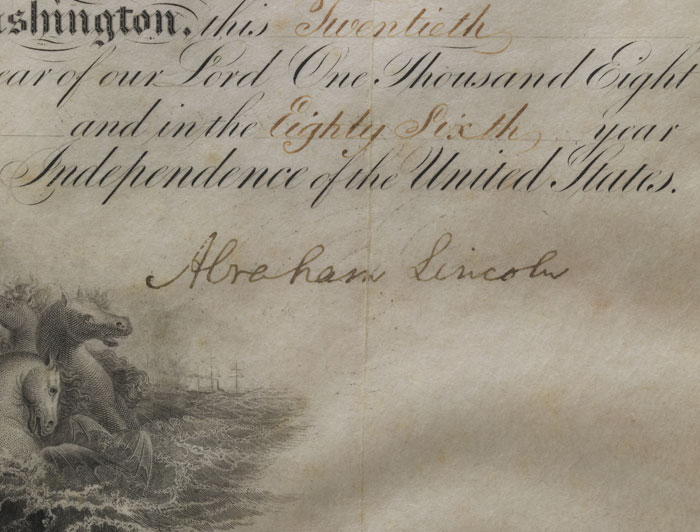

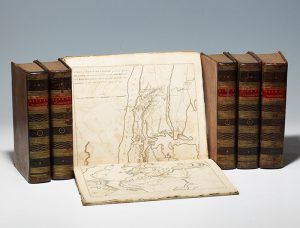
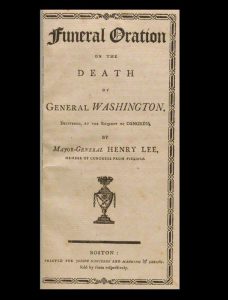
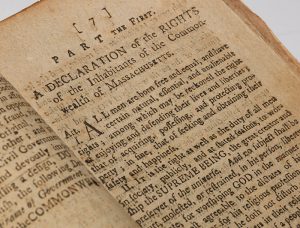
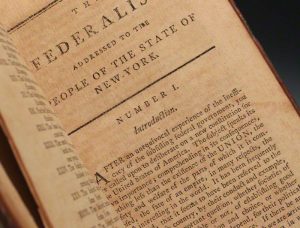
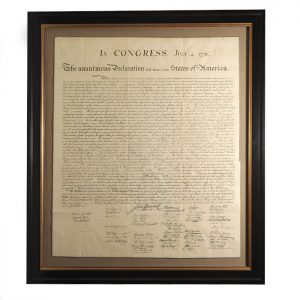
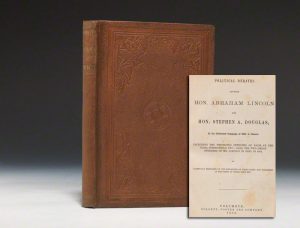

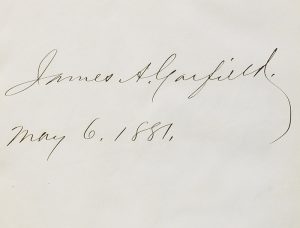
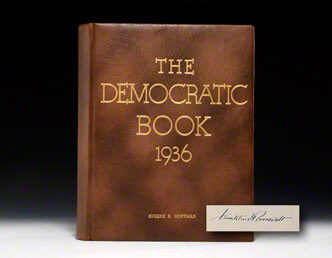
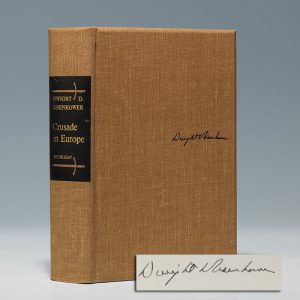
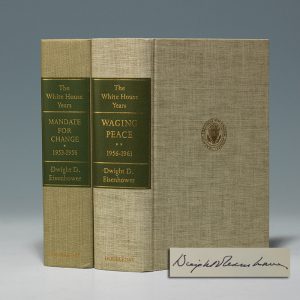
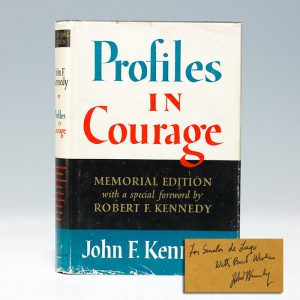
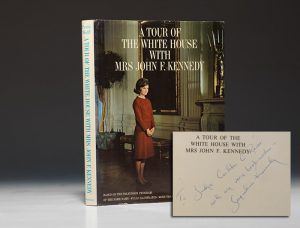
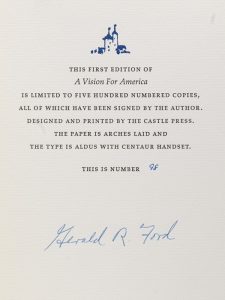
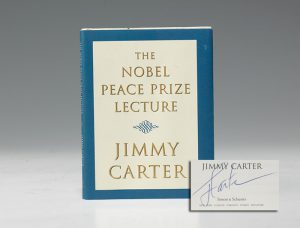
Comments
11 Responses to “Collecting rare books and autographs of American Presidents”
Rich Scaricaciottoli says: January 30, 2015 at 5:49 pm
I completely understand and appreciate the lure and fascination with books that were written and owned by our Founding Fathers and Presidents. To own something that was held and enjoyed by Benjamin Franklin or Teddy Roosevelt and try to imagine what they were thinking while reading or writing a particular title… to wonder if it somehow influenced a major decision that impacted the course of history itself is extremely enticing.
However, I never really grasped the concept of collecting autographs and signatures. I am being somewhat hypocritical because I have sought some autographs… including yours…. but my reasoning was personal and a result of some sort of interaction. But I don’t understand collecting signatures and autographs of people I have never met or had any interaction with. Do collectors find some art in them? Are they simply more affordable than say a book? Is it that the signer held the pen that touched the document? LOL
As always your posts are extremely interesting and informational. I look forward to the next one! Thanks!
Rebecca Romney says: February 4, 2015 at 1:20 pm
Rich, thank you for this comment. I can’t speak for any individual’s particular reasoning in the end, but I think in general people are attracted to collecting signatures of historical figures for similar reasons you have when it comes to modern signatures. In the absence of being able to experience a personal connection with someone (rather difficult if the person lived in the 18th century), there is something magical about the connection through an object you both handled and valued. Thanks again for your thoughts.
Stephen Mead says: January 30, 2015 at 7:36 pm
Every year, I check out the auction at The Carter Center. Jimmy & Rosalyn have both written many books, probably a joint record.
Rebecca, keep up the great historic work you do.
Rebecca Romney says: February 4, 2015 at 1:20 pm
Appreciated! You are right, Jimmy and Rosalyn Carter have written quite a bit. They do a lot of good with the book sales.
Luke flynn says: January 31, 2015 at 6:36 am
I think one of the the most fantastic things a person can do in their life is to protect history. Collecting and protecting these great works and writings is something every American could and should do. My personal favorites are the founding fathers and the beginnings of this new nation. However books and signatures are very hard to come by these days. I would love to own some of the items listed here but I also know that unless you are one of the few lucky ones who find something like this in grandmas attic or pic something up unaware at a flea market or rummage sale that these items go well into the thousands of dollars and usually out of reach of the common man. I still love the idea thought.
Rebecca Romney says: February 4, 2015 at 1:22 pm
Thanks for this comment. Yes, some can be rather rare and valuable, but keep looking. There are still some exciting books and documents to be discovered that aren’t quite as dear–a fascinating Sam Adams imprint, for instance, might not fetch as much as a John Adams but is arguably as important.
Gerald says: July 4, 2015 at 6:11 pm
Rebecca,
Do you do appraisals at no charge? I’m curious.
Thanks for your time.
Gerald
Rebecca Romney says: August 26, 2015 at 5:54 pm
Gerald, thank you for the note. No, I’m sorry, at this time we do not offer appraisals.
Kevin Abney says: March 4, 2017 at 10:32 pm
Rebecca,
Thank you for this great article about historic books and signatures by our Presidents. As a person who enjoys history, I find reading books by the various Presidents to be a great glimpse into their life and vision. Though getting Presidential signatures is often difficult (handwritten vs autopen or secretarial is always the challenge), it is truly rewarding. To have a book or sheet with a handwritten signature or message from one of the few in history that have held the office of President is pretty cool. It gives you a direct connection to that person of history. Thanks for your good work. You really know your books.
Kevin Abney
Jen says: March 6, 2020 at 6:23 am
I have 49 leather bound, mint condition, 22k gold edged pages of the Library of the Presidents from The Easton Press collectors edition for sale. Anyone know who want these?
Embry Clark says: May 12, 2020 at 2:21 pm
Hello Jen: Please feel welcome to direct any books to sell inquiries to [email protected].